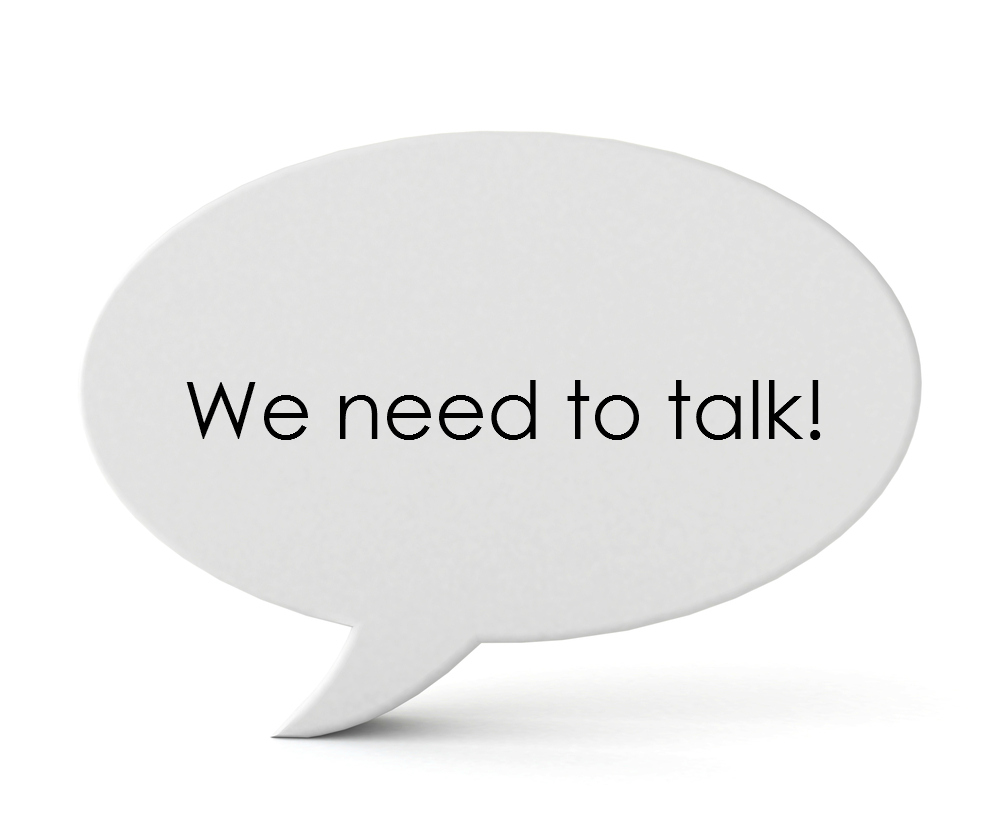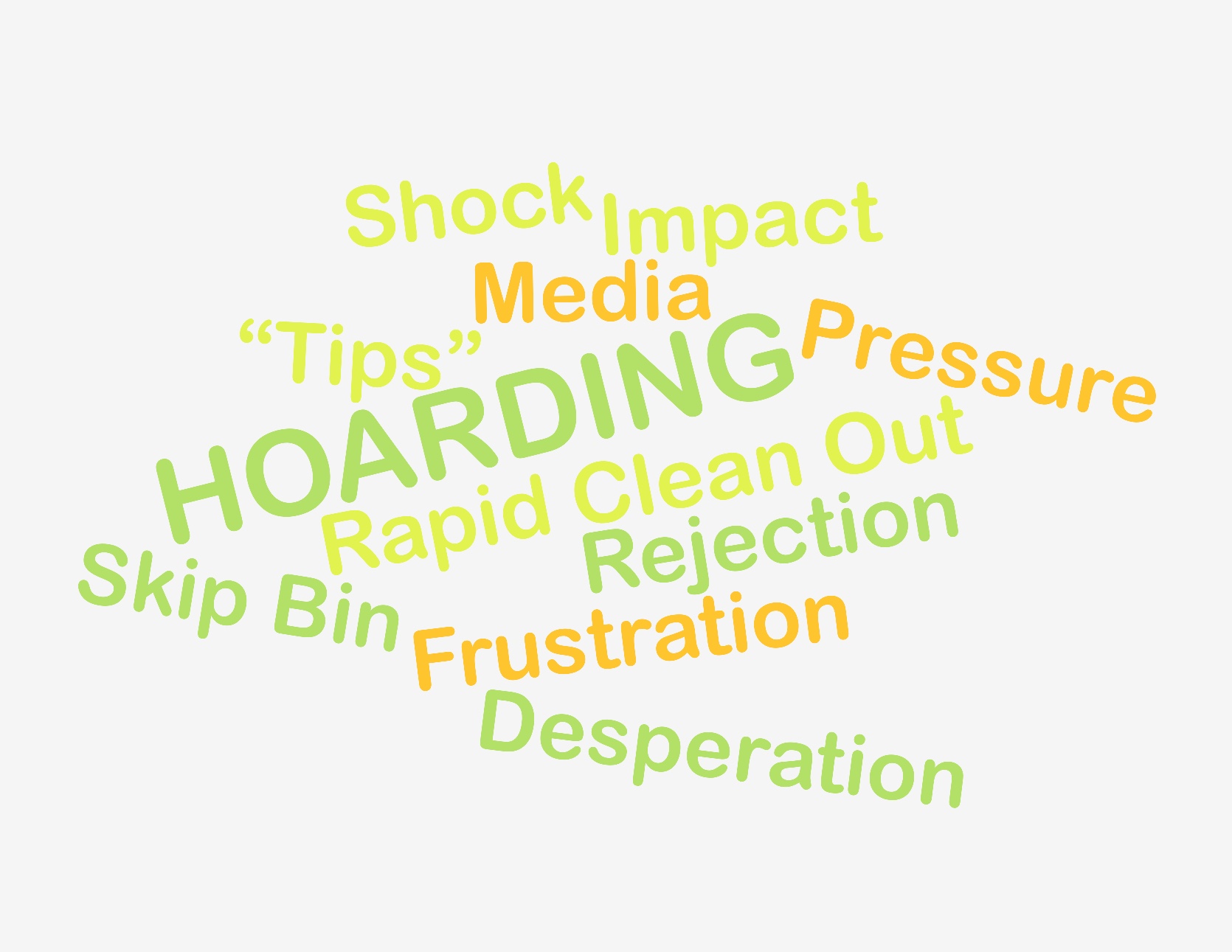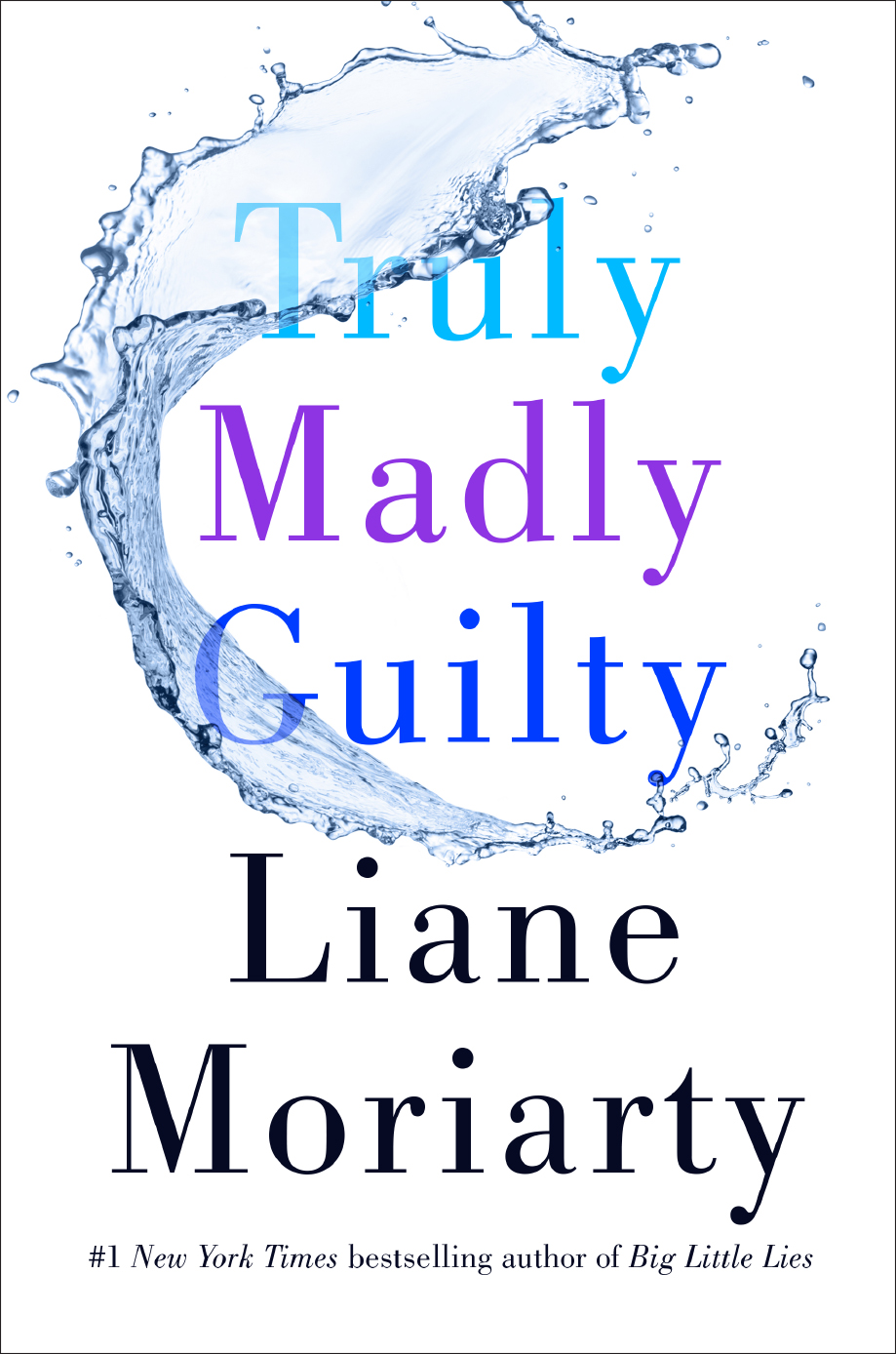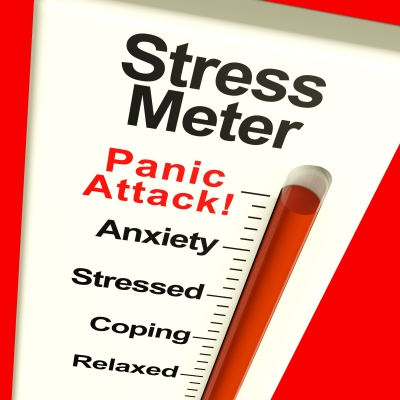Let’s do some hoarding myth busting! 
- Myth: People Hoard Because They Grew Up in the Depression
- Fact: Most of us have older relatives who grew up in tough times and they may be frugal but that doesn’t make them a hoarder. Beliefs about scarcity, waste and frugality can contribute to hoarding but there are generally more complex issues at play. There is no evidence to suggest that hoarding disorder is linked to growing up in times of scarcity.
- Myth: Hoarding Only Affects People Who Are Old/Uneducated/Unemployed
- Fact: Hoarding does not discriminate. It crosses socio-economic groups, gender and professions. Many of the people we have worked with are professional people; a barrister, a bank manager, a school teacher and even a psychologist. These people are often terribly ashamed of their hoarding and go to great lengths to hide it from others.
- Myth: A Good Clean Out is the Best Way to Help a Person Who Hoards
- Fact: Good old Dumpster Therapy! Maybe something with a TV style reveal at the end… It’s easy to assume that if people could just learn how great it is to live in an organised home they will never go back to their old ways. However, clutter is only the symptom of the problem and clearing the symptom doesn’t fix the problem. Hoarding is a coping mechanism, so stripping it away without appropriate support can exacerbate the problem. In fact, research shows that in 50% of cases the person who hoards quickly accumulates to the level it was before the hoard and 15% of cases the situation worsens.
- Myth: Tough Love is the Best Way to Help Someone Who Hoards
- Fact: Hoarding is a recognised mental health disorder. Ultimatums and cajoling are more likely to cause a person to further isolate themselves and resist help.
If you would like to learn more about how to help people who hoard, take a look at what’s included in our online training.
For Support Professionals…
And for Independent Service Providers








